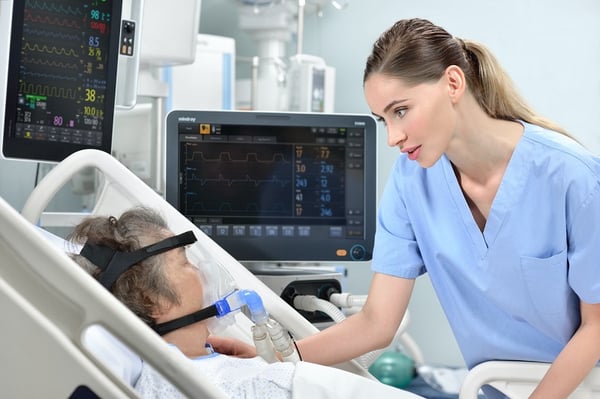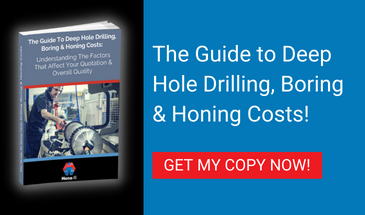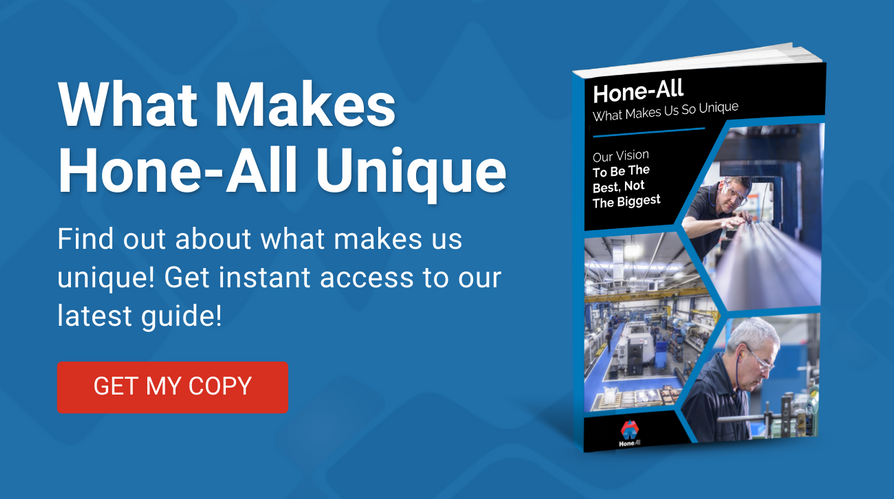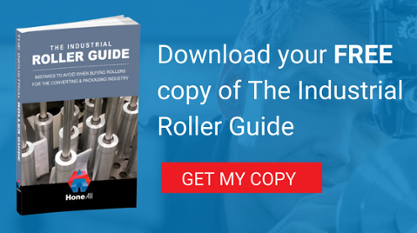
The 2020 pandemic has brought together some of the greatest minds from some of the most prestigious manufacturers in Britain to design, build, and ship vital medical equipment at very short notice.
Companies as diverse and skilled as Siemens, Rolls Royce, and BAE Systems have pooled their expertise to create large quantities of CPAP ventilators for use in hospitals and surgeries worldwide, in record time.
Together, they have become known as the Ventilator Challenge UK Consortium - a new UK super group of UK manufacturers to build medical equipment. The initiative has won praise from Unite, Britain's biggest union, and gained extensive coverage from the media.
With the help of medical experts from UCL and Oxford University, precision compression and control techniques usually found in extreme engineering environments (such as Formula 1) have been retooled and helped late-stage COVID-19 patients survive the deadly 'cytokine storm' phase of the disease.
Co-ordinating vastly different companies to work together against a strict time limit has been integral to the scheme's success. This was driven by Dick Elsy, CEO of High Value Manufacturing Catapult, a group of manufacturing research centres in the UK.
We caught up with PP’s Sales Director, Garry Myatt, last month to find out more about what originally inspired the new initiative ‘#ukmfgunite’, how they supported the ventilator challenge and what he thinks of the UK's response to Coronavirus.
What do you usually do in your day job?
Garry: I’m the sales director for PP Control and Automation. We help machine builders scale up and then in co-support of UK manufacturing the collaboration director of #ukmfgunite.
We work with OEMs (original equipment manufacturers) who make machines for tasks such as industrial printing, automotive manufacture, food processing and so on. We provide electro-mechanical products to help them increase operational efficiency. We sell to clients in the UK and overseas, too.

What was PP Control and Automation dealing with before the 2019 Coronavirus pandemic hit Britain?
Garry: Before COVID-19, our biggest concerns were how Brexit would impact our OEM customers.
We were already having close internal discussions about how this would impact us. We talked through the risks, what we needed to buy from outside the UK for these machines, implications for our import and export tariffs, to name just a few examples. We were already worried about how cost-down requests from customers and lead times might be impacted by leaving the EU.
This had already inspired the idea of setting up an alternative supply chain for some of our machines closer to home... and then COVID-19 took control.
Furloughs, people being made redundant, suppliers shutting down factories, countries closing borders - our discussions suddenly changed.
It was now centred back around re-shoring and accelerating the supply chain closer to home.
How did PP Control and Automation respond to the UK outbreak and March lockdown?
Garry: On 15th March, Matt Hancock (MP, UK health secretary) announced live on air that we were in a pandemic in England. He claimed that the UK government would be looking to buy up as many ventilators as they could to help the NHS cope with COVID-19.
We wanted to help.
Throughout Monday and Tuesday, we contacted 21 different companies in the UK who make ventilators. Across two days we spoke to all the Chairs, Operation Directors, CEOs, and procurement professionals. They were mostly happy to hear from us.
No-one had a clue what was really happening, though. No-one from the government had contacted them about ventilators but they were all ready to accept as many orders as needed.
How did you originally try to help?
Garry: As soon as we could, we registered PP Automation and completed the government’s questionnaire on-line. We provided them with all our details and our expertise and capabilities - everything we're good at. This way they could look at our offer and approach us for help. We also reached out to our network partners within Make UK (Formerly known as EEF) and The Man Group.
We then spoke with ABHI (Industry association for HealthTech) who also put us in touch with the government’s departmental liaison for biomedical industries the BEIS (Department for Business, Energy, and Industrial Strategy) After this, we received no further contact from or with the government. We couldn’t have done any more.
How did PP Automation contribute?
Garry: PP Control and Automation is a strong and versatile manufacturing company at and we have a vast array of skills that can build ‘machines’ very quickly.
These two qualities don’t go hand in hand with offshoring - there’s a serious lead time lag. In a time-critical pandemic when there’s a lack of vital equipment, you don’t have time to go further abroad. You have to source it locally, and quickly.
If you look at all the companies that pulled together, even the people at home making face masks to go to the NHS, the response from UK Manufacturing was phenomenal.
The UK does have the capability, we’re just not using it.
In the fortnight after lockdown, we spoke with our friends at WMG (Warwick Manufacturing Group) and by chance the team at WMG was contacted by other suppliers in the Ventilator consortium to find a company that could make cable looms and harnesses in high volume. Guess what... at PP, we do exactly that!
In just six weeks, we built approx. 50,000 components across various part numbers for use in the group's ventilators. We were able to commit 30 or so of our staff to the project and we all worked over Easter and the May bank holidays - the commitment from our team was amazing and we’re so grateful to them for their efforts!
What machines were your ventilator parts used in?
Garry: The Penlon ESO-2 was the design chosen (by the consortium and then the Government) to be used in hospitals.
We were just one ‘cog’ in the wheel of a vast network of UK manufacturers and SME’s that made all the different components. Under the consortium, Penlon were just one of a handful of OEM’s that were awarded a state contract, but they had to release the data to the consortium to allow it to be built. Many companies, particularly Ford UK, all pulled together to help produce a finished unit for use in hospitals.
How have things changed as to PP Control and Automation's Role in the Consortium over time?
Garry: We eventually got involved because we 'knew someone' despite our efforts and shouts of “we can help” to Government.
As the project gathered momentum, we thought, we can help save lives and quickly - what does this really mean for us? How can we help reduce risk and how can we get other manufacturers we know talking to each other?
The result was the #ukmfgunite website. Before we knew it, we had over two-hundred manufacturing companies signed up, including yourselves at Hone-All.
We needed to do something different. There are lots of social platforms for all aspects of manufacturing - but a lot of these come with stipulations. We wanted to build something hard-hitting and impactful that would help people NOW and get manufacturers and SME’s talking.
How has #ukmfgunite helped the ventilator project and British manufacturing?
Garry: We’ve created a free platform that doesn’t cost you anything to register and gives you the ability to post your company profile, skills, good news stories and case studies. By sharing and collaborating through social media together, we can reach a much wider audience.
You can add notices that you can provide help or post requests for when and how you need help.
Every two weeks, all requests and offers of support get sent out via e-shot to all registered users.
Already we’ve created orders worth more than £600,000 just by enabling people to talk to each other through the platform. We’ve successfully retained within the UK massive orders that would have traditionally gone overseas which helps increase both UK GDP and business growth in Britain.
Are you pleased with what you've achieved so far with PP Control and Automation, your website, and the #ukmfgunite platform?
Garry: Definitely. It’s always nice to help others and to know we have saved lives is even nicer. This has gone on to be greater than I could have ever expected.
What do you hope to see for #ukmfgunite and British manufacturing, coming out of COVID-19?
Garry: I hope that more companies will see that placing their orders outside the UK is a serious risk, in terms of delays, unreliable supply chains and the worldwide damaging effects of natural disasters. To respond quickly and effectively to a pandemic means we must limit the things we are not in charge of and have no control over...
If we can create and sustain our platform that says 'there are X amount of companies producing Y' and we can get more Managing Directors and purchasing professionals talking to one another and recognising the versatility and reliability of the UK supply chain, those extra orders will keep on being placed here within the UK and manufacturing will play a major part in the economic recovery!
Thanks for your time, Garry.
Image source: Unsplash





